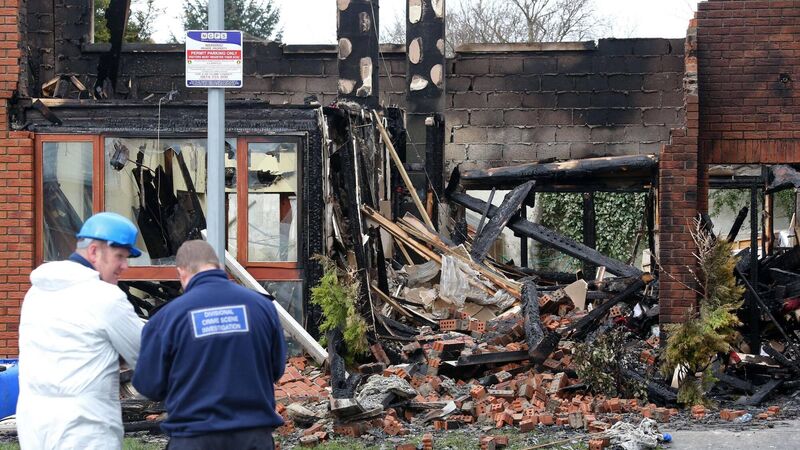Mick Clifford: €14bn windfall should be used to right wrongs of the past

Gardaí at the scene of a house fire which destroyed six houses in the Millford Manor Estate, Newbridge, Co Kildare, in 2015. The Government has finally green-lit a remediation scheme focused on Celtic Tiger-era developments. It could cost €2.5bn.
What to do with the bill-uns? What to do about the past and the future with their legitimate demands for justice?
CLIMATE & SUSTAINABILITY HUB

















